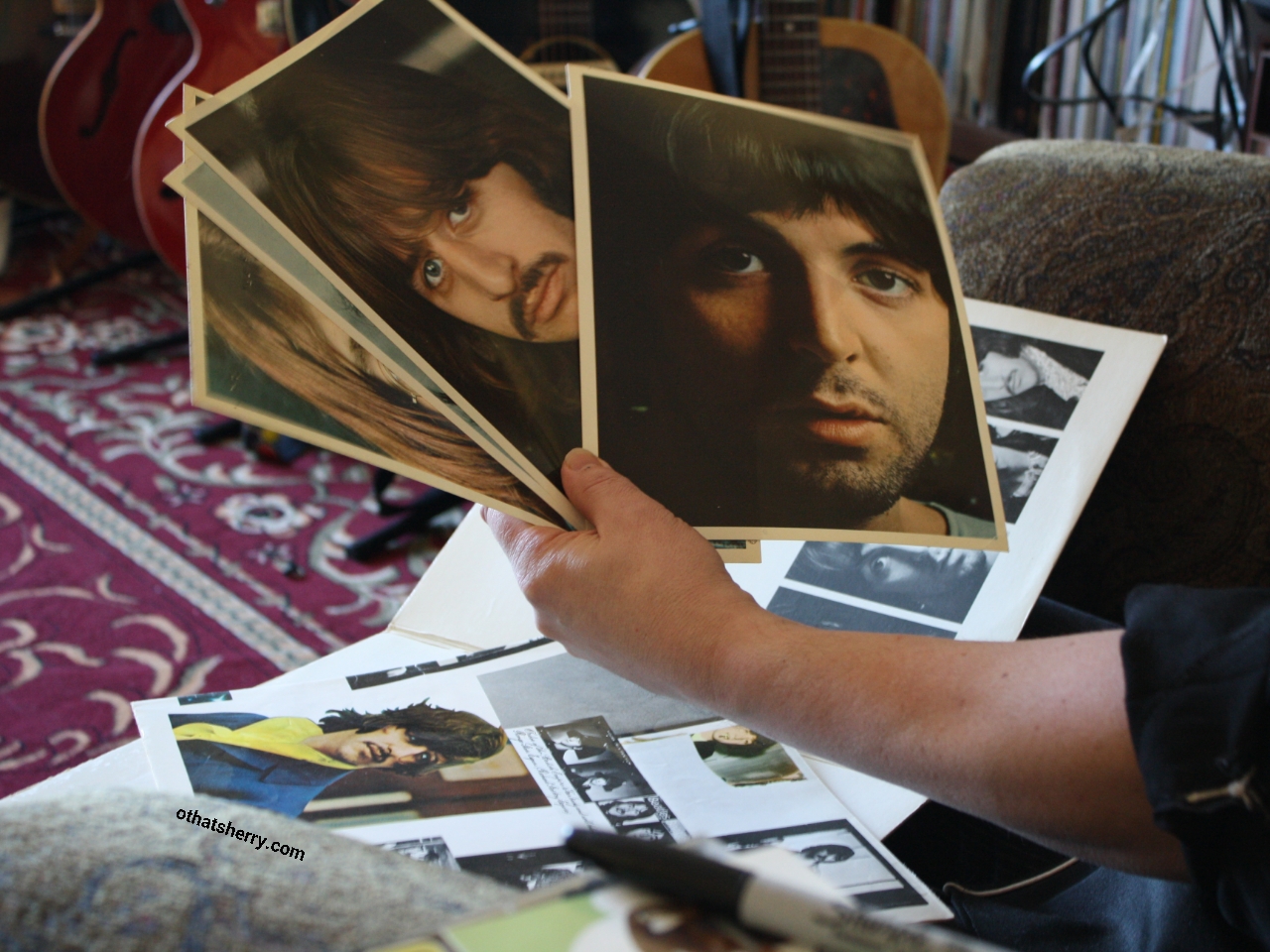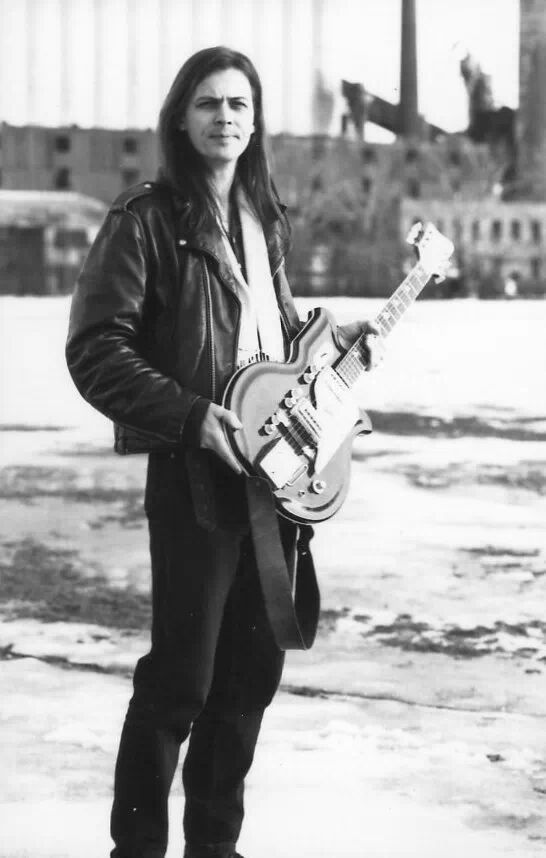Stepping into Tom Clark’s apartment is like entering into a museum of music memorabilia. An Exposicion de la Habana ’68 poster, printed in art nouveau style, hangs on the wall. A large bookshelf holds his impressive record (thousands) collection. Displayed on the bookshelf are four thumb-high Beatles figurines, a 1954 Roy Roger & Dale Evans Double R Bar Ranch lunchbox, Hank Williams record (Luke the Drifter), Pan Am toy airplane and a Remo drumhead autographed by the rock ‘n’ roll band, The Crickets. He owns over a hundred guitars (six on display in the living room, 30 in his bedroom closet and the rest in storage) and 67 vintage cowboy shirts.


That is a heap load of stuff. Clark (48), a musician with his own band Tom Clark and the High Action Boys, attributes this tendency to his father, who was an antique toy collector and salesman. To his friends, Tom is known as the Clark-ivist, like the archivist. An archivist is not a collector — someone who accumulates things. An archivist is someone who preserves, organizes and curates his collection.
I pull out a record from his alphabetically organized stash. He glances at the cover of a smiling man playing his guitar in front of a train, and replies without hesitation, “Boxcar Willie, Brooklyn, ‘87. No one has ever heard of this Boxcar Willie, but he used to run commercials and sold a lot of records on TV.”
I pull out another, an extremely colorful pop-art-like Nick Lowe. Before I even ask the question, Clark raves, “That guy is one of my gods of gods in the history of universe! Brooklyn, ’91. ‘Rose England of England’ is my favorite.”
Clark, the second youngest of five boys, grew up in DeKalb, Illinois, a small town about an hour west of Chicago. “There were nothing but cornfields and Cindy Crawford,” he explains. Unlike his brothers who were all jocks, Clark was the odd-ball who played guitar instead of sports. He fell in love with Elvis at the age of seven when his mother brought home an Elvis 45. He bought his first guitar at a garage sale for $3 when he was 12. Later at 14, he started doing gigs and played throughout high school and college.
In college, Clark played in a punk band called Blatant Dissent. He was 19 when he wrote a letter to Marshall Crenshaw, his first-ever and only fan letter, and asked if he should pursue music. Crenshaw replied, “Go for it.”

Image Credit: Tom Clark
Clark went for it. He came to New York in ’86 – a skinny kids with wavy brown mane, who has a reputation for playing insanely fast. He was broke but he didn’t care. After a day of playing at Washington Square Park (one hour), Astor Place Barber Shop (eight hours) and Bleecker Street (two hours), he would take the D train to the Bronx and play in Irish bars. “I was playing everything a hundred miles an hour,” Clark said.
It was crazy. But I just wanted to play.
The 48-year-old musician laments that there are fewer places for musicians to play live. The music scene is not what it was. He hopes he can keep his personal project, a weekly live music show at 2A, the bar that he works at, free for as long as possible. He remarks, “I don’t have a house to show for, I don’t have a family. But when I die, New York Times Obituary will write something about me.” He laughs heartily. He wants his funeral to be one big, kick-ass party with no tears. There is no need to cry, Clark says confidently, “I’ve lived a whole life, more than some people.”
What will be playing at your last grand party?
Elvis and Buddy Holly.

Tom Clark and the High Action Boys performing at 2A
Image Credit: Tom Clark

It’s great that you ‘expose’ these hidden artists like Tom. The music scene is much more than just what we are used to hearing on the radio and in concerts. I always wondered how musicians made a living, especially those who were not involved with Hollywood gigs.
I saw Tom, many years ago. He played in a bar called The Meeting Place in Middleton in Cork, Ireland. He had such a level of energy which he put into his performance. I went to see his next show the following night and was amazed to see him do it all over again.
I go to quite a lot of gig but this was memorable. Since then, I’ve begun songwriting and playing – nothing like Tom but often wondered what had become of him. I heard him on a radio documentary podcast. It was a program about Jeff Buckley and google brought me here.
Thanks for the post and hello to Tom from Ireland if you run into him again.
Hi Sean, sorry for the late response. I took a short hiatus on my blog because I was promoted. Tom told me about his days playing in Ireland, he was quite a hit. There’s quite a country music scene in New York. You can find Tom at 2A Bar http://2abar.com Lower East Side if you ever visit. Cheers!